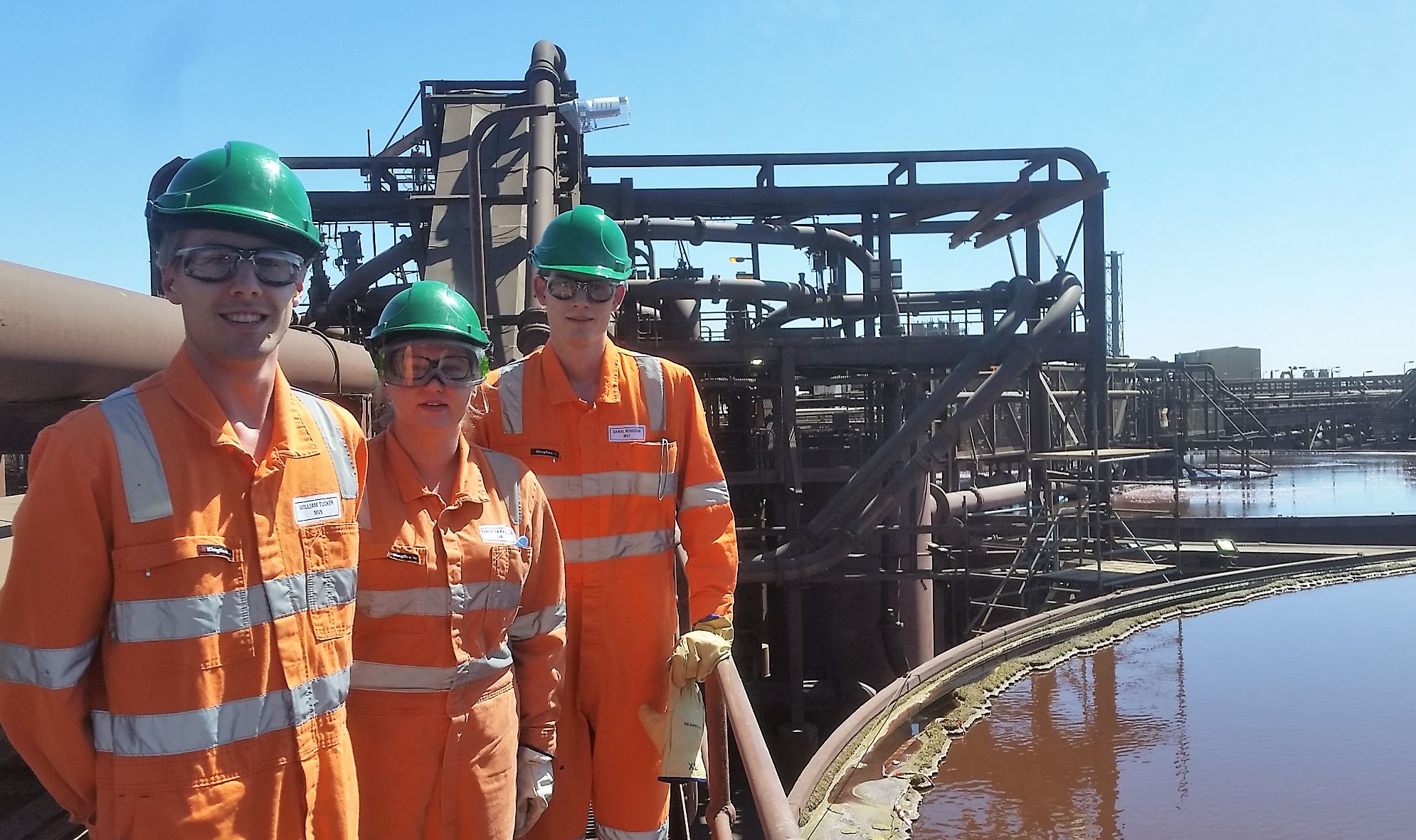
Outback mine site research in South Australia is expanding in an industry collaboration between Flinders University and National Energy Resources Australia.
The $417,000 program, entitled ‘Improving the Relevance of International Radiological Risk Assessment Tools to Australian Arid Environments’, will support a two-year research project led by Flinders University, which will enable its radiation research to be expanded across a national platform.
This project will enhance the understanding of the potential radiological impacts of uranium mining projects in South Australia, through analysing the radioactivity of flora, fauna and soils representative of these arid environments.
The data generated will contribute to a national database and support an improved understanding of radionuclide transfer in arid environments, enabling comparison with existing datasets for other Australian species, habitats and climates.
This will improve the understanding of how these variable factors may alter radionuclide transfer and ultimately enable companies operating in arid regions to undertake more robust radiological environmental risk assessments, based on an expanded data set that is more representative of Australian arid regions.
This project builds on existing environmental research being undertaken between Flinders University and BHP at Olympic Dam.
The level of radiation in the environment is very low, with low or no impact on humans and non-human biota. However improved methods for monitoring background radiation in Australia’s arid environment will help the industry in several ways, including to advance current environmental impact assessment tools.
The project is being led by Flinders radioanalytical chemist Associate Professor Rachel Popelka-Filcoff with support from Flinders academics Professor Allan Pring, Professor Claire Lenehan and Professor Craig Simmons.
They will work in partnership with the SA mines operated by global mining companies BHP and Heathgate Resources, National Energy Resources Australia (NERA), national nuclear science and technology organisation ANSTO and national nuclear safety agency ARPANSA, and environmental radiation and analytical consultants JRHC Enterprises.
The project will support several new research opportunities for honours, masters and postgraduate positions, says Associate Professor Popelka-Filcoff, from the College of Science and Engineering at Flinders.
“I am pleased that such work will educate the next generation of students towards employment in the industry,” she says.
“By analysis of comprehensive data sets, we will be able to better understand radiation in the arid Australian environment,” says Associate Professor Popelka-Filcoff.
NERA CEO Miranda Taylor says the project demonstrates what can be achieved when industry, research institutions and Australian businesses come together.
“As the Industry Growth Centre for Australia’s energy resources sector, NERA is committed to supporting initiatives that promote innovation and collaboration help maximise value to the Australian economy through an energy resources sector that is sustainable, innovative and diverse,” Ms Taylor says.

